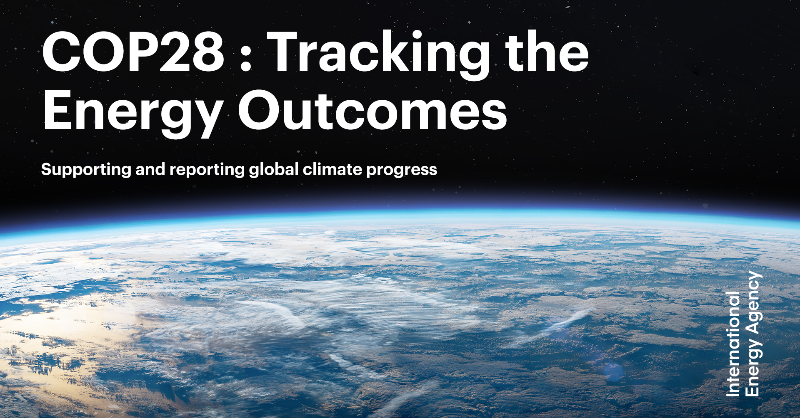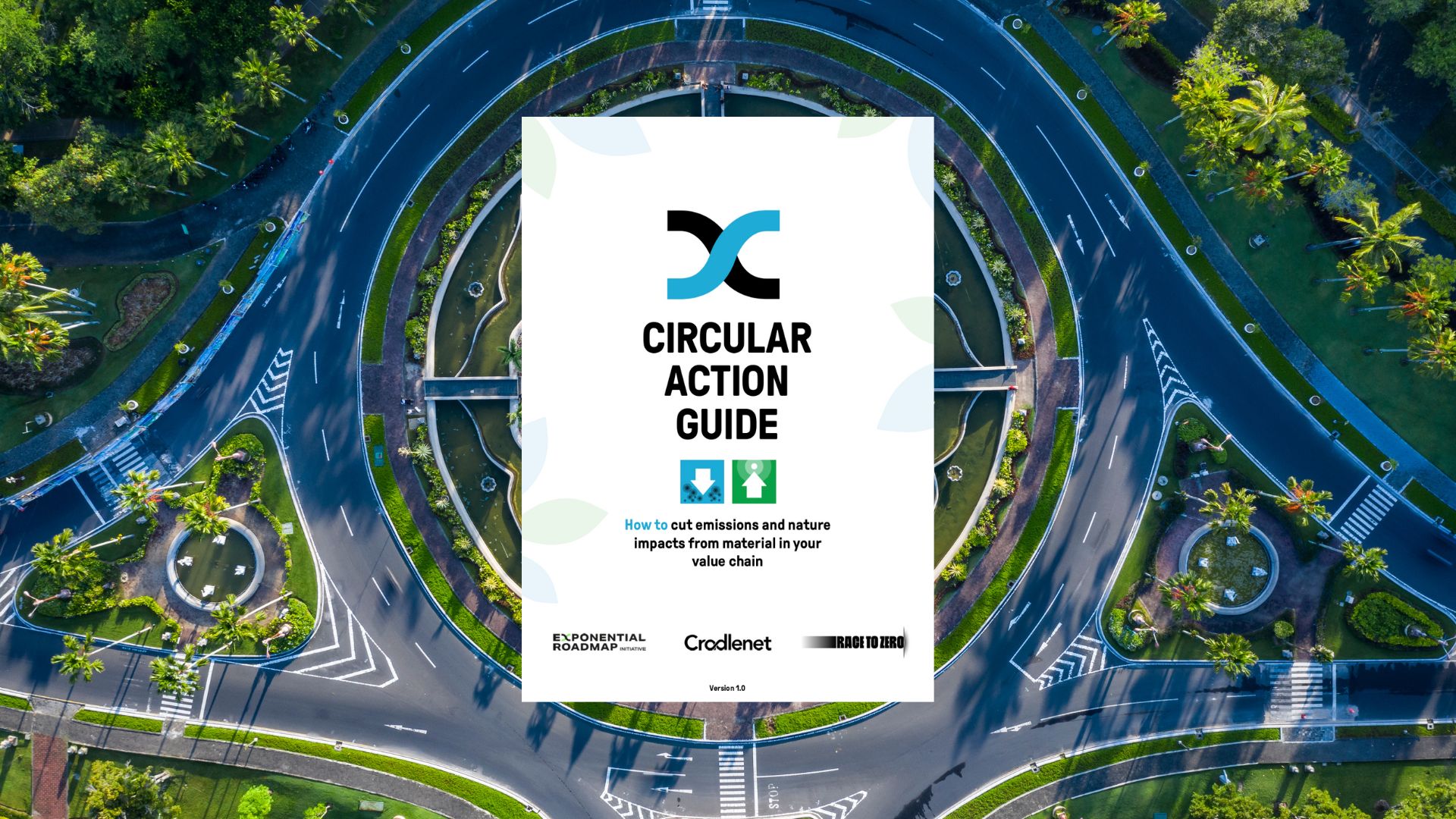Six Ways Companies Can Drive Environmental, Social Change

Today the Center for Social Value Creation (CSVC) at the University of Maryland’s Robert H. Smith School of Business published an extensive report on the most effective strategies for driving environmental and social value creation (ESVC). The report sets out a new framework for understanding how companies, across nine industries, can generate meaningful, measurable improvement in environmental and social performance across industries.
CSVC identified six concrete ways, or “levers,” that companies can use to drive ESVC outcomes: product research, development and innovation, sustainable production, supply chain management, coalitions, financial and in-kind support, talent management. CSVC also identified which levers are most effective for each of the nine industries under review. The report set out three types of institutional change that enables effective use of ESVC levers: operational structure, financing, and measurement/reporting.
See related articles: Developing ESG strategy is now a key focus for today’s risk manager, PwC and SAP Launch New Innovation Strategy to Help Organizations Achieve Their ESG and Net Zero Targets, From organizational strategy to shopping habits, ESG is re-shaping what success looks like
More than ever before, consumers demand values-based commitments to sustainability and social good from brands across every industry. CSVC’s research found that 80% of ESVC commitments are driven by increased consumer demand. These commitments appear in formal announcements and press coverage under many names: CSR, ESG, sustainability, and more. CVSC has developed the term “environmental and social value creation,” or ESVC, to encompass the wide range of actions and initiatives that seek to benefit the bottom line and the broader world.
“CSVC is excited to offer this groundbreaking survey of how corporations are responding to the upsurge of consumer demand for ESVC initiatives,” said Nima Farshchi, Director of CSVC. He added, “While the report is comprehensive, it marks a beginning not a conclusion. We hope to convene an ongoing conversation about how businesses can simultaneously drive financial growth and social and environmental value. In fact, the bottom line and ESVC efforts reinforce one another.”
In order to come closer to a working definition of ESVC in North America, CSVC and Sattva Consulting undertook a research study between January and July 2022. The team examined ESVC initiatives of companies across nine industries: Consumer Goods and Retail, Energy, Healthcare, Technology, Financial Service, Automobile, Hospitality, Telecom, and Entertainment. The study’s findings were substantiated by interviews with senior sustainability/ESG executives of 13 companies and 15 industry experts, and an in-depth review of over 150 academic and corporate reports.
“The need for ESVC initiatives is clear across industries,” says Kristin Fallon, Head of Global Brand GE Healthcare and CSVC Board Member. “However, every company faces their own challenges and has their own unique interests. So it’s important to deploy the ESVC strategies that best fit your business. We have a chance to move collectively into a new phase of social value creation. But companies need to know what’s possible, and what steps they can take.”
To download these new materials and learn more about CSVC, visit their website here.
Source: Robert H. Smith School’s Center for Social Value Creation






